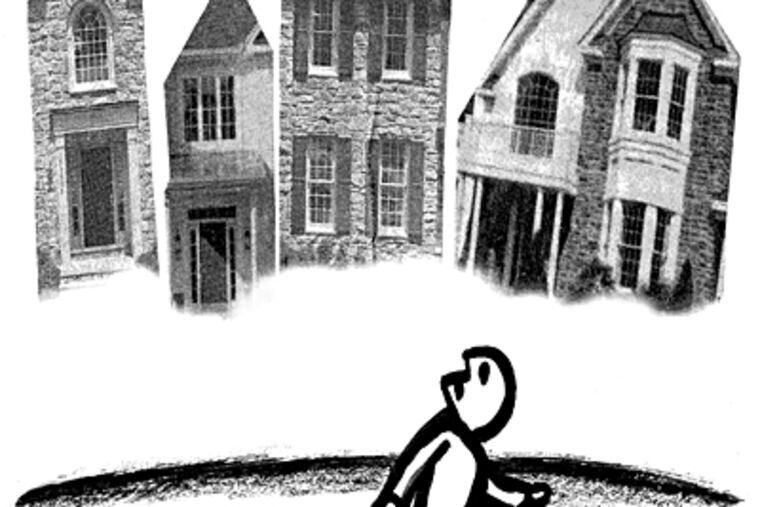Inquirer Editorial: House thieves thrive here
In Philadelphia, with its abundance of abandoned homes and an overwhelmed bureaucracy, it's pretty easy to steal a house. All a thief needs is money for the real estate transfer fees and a crooked notary to certify a forged deed.

In Philadelphia, with its abundance of abandoned homes and an overwhelmed bureaucracy, it's pretty easy to steal a house. All a thief needs is money for the real estate transfer fees and a crooked notary to certify a forged deed.
Chances are the thief won't get caught because the city hasn't placed a high priority on stopping deed thefts. That just adds to the anguish and frustration of unsuspecting people who have literally had their homes stolen from under them.
The police don't keep track of how many houses are reported stolen, and the District Attorney's Office is mostly interested in thefts valued at $50,000 or above. Consequently, the poor, whom anecdotal evidence shows are more likely to have their homes stolen, don't have much hope for justice. That's unconscionable.
The city deed's office estimates receiving about 100 complaints a year from people who think their houses were stolen. "Some are misunderstandings; most are thefts," wrote Mark Fazlollah in an article Sunday. The problem has eluded a solution partly because there doesn't seem to be the will to find one.
Deed theft is so brazen in Philadelphia that a police officer's name was used as the buyer of the homes of three people who supposedly signed deeds after they had died. Had death records been checked, it's unlikely the transfers would have occurred.
A spokeswoman for police Officer Elaine P. Thomas says the District Attorney's Office cleared her two years ago. But she is scheduled for a Police Board of Inquiry hearing on the matter next week, which, commendably, Police Commissioner Charles Ramsey says will be open to journalists because of public interest in the case.
Philadelphia isn't the only town with house thieves. Most are successful because homeowners rarely check property records.
Carol Foglesong, past president of the National Association of County Recorders, says outdated state laws requiring counties to record deeds first and ask questions later enable house thieves.
Officials in the city Department of Records complain that they are under pressure from a 1997 court order to quickly handle deed transfers. But it shouldn't take long to check a property seller's name against death records, or to verify ownership with tax or utility bills and a signature sample.
At least the department now verifies whether the recorded property owners and sellers have the same name, but it took a 2008 ordinance by Councilman Bill Greenlee to make that happen.
The city is interpreting the court order to rapidly process property transfers too narrowly. It must take time to figure out the true owners of a house before allowing a deed to be transferred.
Meanwhile, the legislature should start requiring owners' title insurance policies in all real estate transactions to protect both buyers and sellers, and require recorders of deeds to verify home ownership before any property transfer is permitted.